|
In the summer of 2022 the Supreme Court overturned the 1973 Roe v Wade decision that made abortion a constitutional right. The Majority Opinion concluded in its Dobbs decision that Roe was egregiously wrong and sent the issue of abortion in American back to the states and the legislative process. As Justice Kavanaugh stated in his concurring opinion:
“The Court today properly heeds the constitutional principle of judicial neutrality and returns the issue of abortion to the people and their elected representatives in the democratic process.” For those in the field of deliberative democracy, this “return to the democratic process” offers an opportunity to demonstrate the virtue and importance of inclusive, well-structured, and informed citizen discussions on this topic. The Program for Deliberative Democracy at Carnegie Mellon University created a Discussion Guide for Deliberative Forums [pdf version], a FAQ file [pdf version], a sample moderator agenda [pdf version] and a survey instrument [pdf version] to facilitate rich conversations in this area. The Discussion Guide, titled “Roe v Dobbs,” covers the historical and legal background of the issue leading up to Roe, a summary of the arguments in Roe including the Dissent, the Casey decision up to the Dobbs decision and its dissent. Following the Dobbs decision, the background document looks at State and Proposed Federal Laws seeking to restrict abortion or protect abortion rights. The FAQ file provides data on the issue of abortion derived primarily from the Guttmacher Institute, the Moderator Agenda is a timed, subject oriented guide for the conversations and the Survey Instrument is an updated version of the survey designed for our 2018 Deliberative Forum on the issue of abortion.
0 Comments
ActiVote is changing the way citizens engage with their government. The nonpartisan app educates voters on important issues, when and where they can cast their vote, connects them with their elected officials, and allows them to make their voice heard by quickly answering key polling questions.
Our democracy is at its best when as many people as possible participate. ActiVote empowers all Americans to be active in our democracy by helping voters create the habit of voting. ActiVote is focused on empowering low-propensity voters by providing easy access to your elections and what candidates really stand for, while filtering out all the noise. With ActiVote's #DailyDemocracy you can take one small action every day, increasing your civic engagement day by day! We live in a moment of strong, overlapping generational identities. Baby Boomer, Gen X, Millennial, and Zoomer: each comes with a set of tropes and stereotypes—which are each little prisons, walls of assumptions and projections that stop us from seeing and hearing the real people we live, learn, and work with.
Essential Partners helps people build relationships across differences to address their communities’ most pressing challenges. Today, the generation gap is one of the biggest obstacles to that goal. In polls and surveys we certainly see broad differences in the media we consume and the places we live, in technological fluency and core social values. But a person's generational identity is just one dimension of a much larger, more complex, more interesting picture. No person can actually be understood solely through the lens of their age cohort. This guide is designed to help you break down the walls that stand between you and your coworkers, congregation members, teachers, students, neighbors, or family members. You might use the structures and prompts in this guide for large and small groups or in pairs, among multi-generational cohorts or among people in the same age range. You might deploy the dialogues from this guide:
The goal is to break down the cycles of polarization and stereotyping that stop us from addressing our biggest challenges. If you'd like to learn more about our approach, consider attending an upcoming workshop. 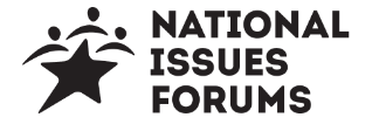 As Americans commemorate the adoption of the U.S. Constitution on September 17, the National Issues Forums Institute is connecting with a wide range of partners to promote opportunities for deliberative forums on campuses, in classrooms, and in communities on issues with close ties to the study of the Constitution. This ongoing initiative known as With the People will encourage deliberative forums around the country during Constitution Week from September 16 to September 22. To support these efforts, the National Issues Forums Institute will provide complimentary discussion guides on a wide range of public issues: · Elections: How Should We Encourage and Safeguard Voting? · Policing: Ensuring Equal Justice and Fair Treatment · Free Speech and the Inclusive Campus · Immigration in America · Youth & Opportunity: What Should We Do for Future Generations to Thrive? · A New Land: Historic Decisions from the Spring of 1787 In addition to nonpartisan, multi-perspective discussion guides, NIFI will provide complimentary support materials to help those who are organizing these deliberative discussions: · Guides for moderators and convenors · Slides for use in online forums · Post-discussion questionnaires · "Constitution Connectors" guides that provide Constitutional context for forums on elections, free speech, and immigration This Constitution Week initiative is based on the idea that democracy is strengthened when citizens, institutions, and governments find ways to work with one another on public issues that impact our lives. Learn more at www.nifi.org/en/with-the-people. For questions, please contact us at [email protected]. 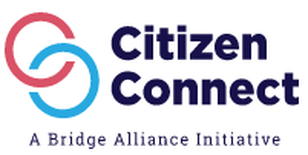 Citizen Connect is a non-partisan platform dedicated to helping Americans right, left and center find ways to heal our divides and strengthen this great nation. Citizen Connect puts the events and organizations working to fix our politics right at your fingertips. Our 500+ member organizations need your help to heal America now! Citizen Connect features a plethora of engaging events. They always have rewarding opportunities to get your citizen game on - some interactive, some informational, some virtual, some right next door. They welcome all Americans interested in making our politics better whether you’re a Republican, Democrat or Independent. Similarly, find a podcast, video, blog post, toolkit, app or more that lets you connect with making a better America. The organizations offering these opportunities are built by, and welcome, Republicans, Democrats and Independents alike. What they all have in common is a commitment to provide ways to come together again and strengthen our nation Citizen Connect has over 500 organizations focused on everything from election reform to civic education to restoring civil dialogue. The organizations on this site were founded by people from all walks of life, political parties, races, identities, and religions. What they have in common is a conviction that America is stronger if we, the people, work together. It isn’t about agreeing on everything; it’s about finding what we can agree on and making it happen. This means that all the organizations on this site also share a set of core principles: Civility, Fairness, and Reason.  Small group discussions are at the heart of a public deliberation. Participants sit at a table together, express their opinions, hear ideas from other participants, and wrestle together with the issue at hand. Table facilitators and note-takers play an essential supporting role to help each group’s conversation effectively inform and contribute to the deliberations of the whole group. Each table facilitator and note-taker therefore has a significant influence on the quality of the deliberation and its outcomes. Yet there is much variation in how these roles are performed. This paper explores causes of and responses to this variation in order to advance the practice of intermediate and expert practitioners and note-takers of deliberative dialogue. There are many guides and tip sheets about how to facilitate and record an effective dialogue but most of this information is focused on discussions that aim to identify and create greater understanding about an issue and its dimensions. We focus here on the roles of table facilitator and note-taker working with participants who are tasked with making decisions together, with intent to influence next steps, particularly in the context of policy making and/ or research. Authors: Mary Pat MacKinnon, Jacquie Dale, Susanna Haas Lyons, and Fiona Cavanagh. About Alberta Climate Dialogue: Alberta Climate Dialogue (ABCD) is a community-university research alliance funded by the Social Sciences and Humanities Research Council of Canada from 2010-2015. Our team is exploring how innovative forms of citizen involvement and deliberation can enhance responses and potentially shift the politics of climate change in Alberta. By convening deliberations with partners and researching the process, we are able to test theories, better understand how to design citizen participation for maximum effect, and help create capacity-building tools for others. We seek to empower citizens to take action within their communities and give them the opportunity to make recommendations to municipal and provincial governments on climate change policy. For more information please visit us at AlbertaClimateDialogue.ca 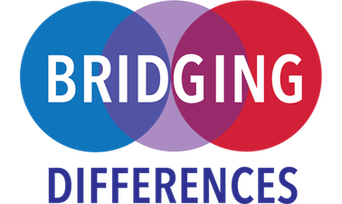 Learn research-based strategies for better relationships, dialogue, and understanding across divides. Relevant to anyone navigating conflicts and differences, especially geared toward college campuses. www.edx.org/course/bridging-differences About this course We encounter differences every day—differences in race, politics, gender, faith, and more. How can we connect across these differences, especially at a time of deep social polarization? In this course, you will learn core research-based principles and strategies for fostering positive relationships, dialogue, and understanding across lines of difference. Created by UC Berkeley’s Greater Good Science Center (GGSC), the course offers best practices that draw on scientific findings and case studies from real-world programs. It will zero in on how these evidence-based strategies can be applied to the divisions and conflicts that show up in our everyday relationships and in various sectors, with a particular focus on university and college campuses. The course builds on the GGSC’s popular Bridging Differences Playbook, which has already been used widely by leaders in government, education, corporate, and other settings. For more than 30 years communities of all sizes have used the Civic Index to measure their civic capital – the formal and informal relationships, networks and capacities that enable communities to solve problems and thrive.
Building on decades of work in communities, the fourth edition updates the Civic Index with a specific focus on equity and engagement; key components for healthy, thriving communities. Use the Civic Index with gatherings of community members, partner organizations or staff to spark conversation about community strengths and areas in need of improvement. Resource Link: www.nationalcivicleague.org/resources/civicindex/ An annual report that elevates the discussion of our nation’s civic health by measuring a wide variety of civic indicators, America’s Civic Health Index is in an effort to educate Americans about our civic life and to motivate citizens, leaders and policymakers to strengthen it. Among other things, the Civic Health Index measures such factors as engagement in public policy, charitable giving, volunteering, and online participation. Learn more at www.ncoc.org/CHI.
From the National Conference on Citizenship website: Civic Health Index (CHI) is at the center of our work. We think of “civic health” as the way that communities are organized to define and address public problems. Communities with strong indicators of civic health have higher employment rates, stronger schools, better physical health, and more responsive governments. For the past 10 years NCoC, together with the Corporation for National and Community Service and state and community level collaborative networks across the nation, has documented the state of civic life in America in city, state and national Civic Health Index (CHI) reports. 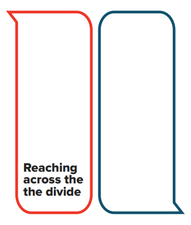 Partisan polarization has reached an all-time high. Almost two-thirds of Americans find it stressful to talk about politics with someone who identifies with another political party. But to solve the most significant problems—and to have a healthy democracy—we must be able to discuss the issues, policies, and values that matter. The purpose of this guide is to help prepare you to speak about what is most important to you in ways that can be heard, and to hear others’ concerns and passions with new empathy and understanding—even and especially if you continue to disagree. Interested in learning more about EP's approach? Consider registering for an Essential Partners workshop or contact us for a free consultation. Download  The COVID-19 pandemic led many practitioners to shift to online engagement tools. Our friends at Dialogue + Design Associates team put together a resource of different digital facilitation and project management tools and resources, to help navigate some of the digital choices available for dialogue and deliberation practice. While it may not be exhaustive, this is an incredibly thorough resource with a whole variety of tools that may be useful, now and long into the future. If there is something that's been missed, please add to it! Resource link: https://docs.google.com/spreadsheets/d/1P6qfWP5ybNgBKNSuOPT1Ii3Fnz5OyT-Ey26MTtEHcF0/edit#gid=0 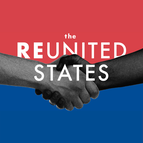 The Reunited States is a documentary profiling several Americans who are dedicating their lives to promoting depolarization and communication across the political divide. These visionaries come from both right and left. They believe that we have more in common with our political opposites than what separates us. They are focused on helping communities around the country find common ground through shared stories. From the Creators: At a time when America is ripping apart at the seams, The Reunited States is a powerful and urgent documentary that follows four everyday heroes on the difficult journey of bridging our political and racial divides. 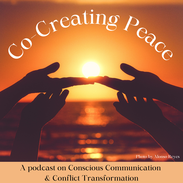 This post lists several podcasts that our members have created and/or host. Do you have a podcast to add to this list? Please submit it to us via the Add-A-Resource Form! Co-creating Peace: a podcast focused on Conscious Communication and Conflict Transformation Do you have an important conversation that you know you need to have, but are dreading because you fear it will not go well? Do you avoid confrontation because you equate confrontation with conflict? Do you avoid conflict because you believe the only two approaches to conflict are fight or flight, and that nothing good ever comes from conflict? Then, Co-creating Peace is the podcast for you! In each 30-minute weekly episode, we will explore powerful tools and practices you can use to evolve your approaches to the important, yet difficult conversations you need to have. 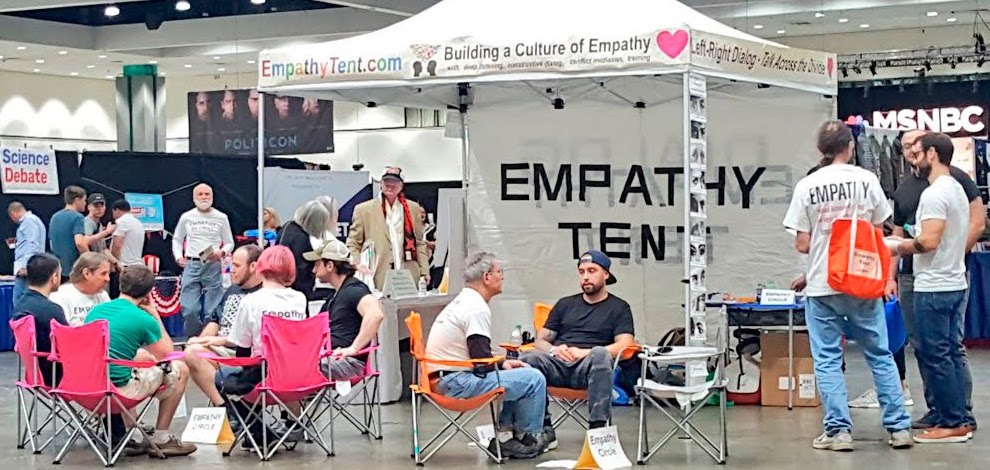 An Empathy Circle is a structured dialogue process that effectively supports meaningful and constructive dialogue. The basic process can be fairly easily learned in about 15 minutes and it is a lifelong practice to deepen. An Empathy Circle increases mutual understanding and connection by ensuring that each person feels fully heard to their satisfaction. The practice is the most effective gateway practice for learning, practicing and deepening listening and empathy skills, as well as, nurturing an empathic way of being. 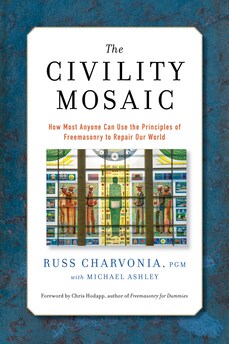 Russ Charvonia’s The Civility Mosaic, written with Michael Ashley, is a 21st Century treatise on restoring civility as a matter of our survival. As past Grand Master of Masons in California, Charvonia provides readers with a first-of-its-kind, insider look at Freemasonry and how the practical application of its underlying ethos of Brotherly Love, Relief, and Truth can help us rise above the world’s bickering and violence to create a more compassionate, more humane, and more civil society. The book is designed to help readers develop their own personal civility journey, using exercises built into the chapters. From the Publisher: Civil discourse is in a state of crisis. Public dialogues today are celebrated not for what they accomplish, but for whom they divide. Incivility has become the new normal just as humanity faces existential, political and environment challenges that will require unprecedented global cooperation. The Civility Mosaic by Russ Charvonia with Michael Ashley is not only an urgent call to restore civility but it is also an instruction manual on how we might save ourselves from our most destructive impulses. Written with screenwriter, author, and fellow Freemason Michael Ashley, The Civility Mosaic teaches us to take self-responsibility for transforming our troubled world by applying the cornerstone principles found in one of the world’s oldest and most influential societies—Freemasonry. Resource Link: https://civilitymosaic.com/ |
Categories
All
|
Follow Us
ABOUT NCDD
NCDD is a community and coalition of individuals and organizations who bring people together to discuss, decide and collaborate on today's toughest issues.
© The National Coalition For Dialogue And Deliberation, Inc. All rights reserved.
© The National Coalition For Dialogue And Deliberation, Inc. All rights reserved.

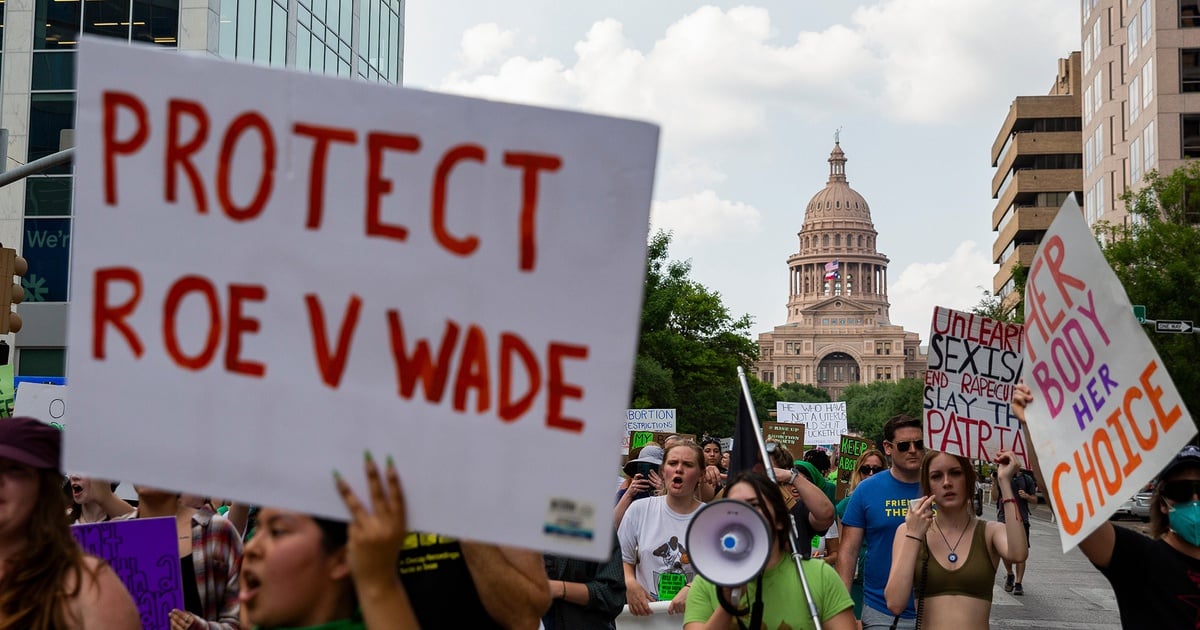


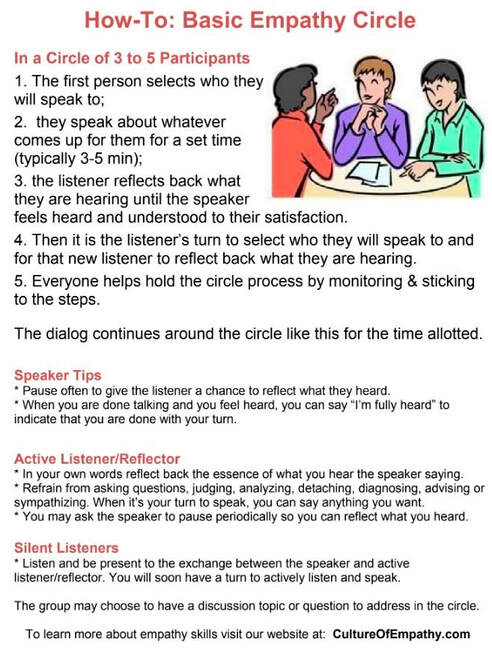
 RSS Feed
RSS Feed